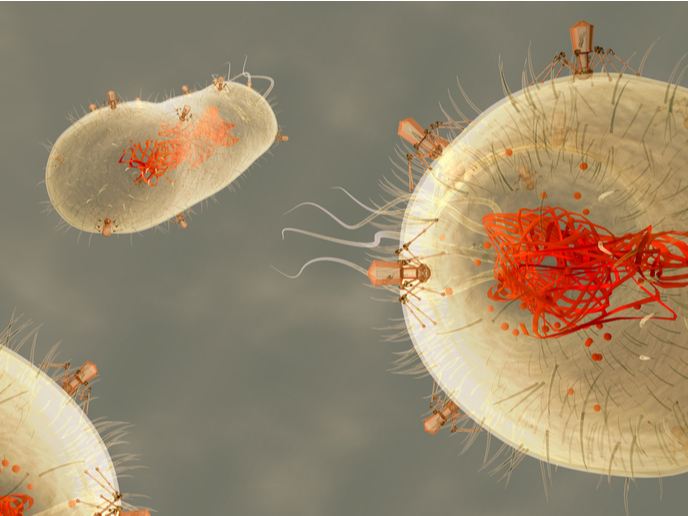Mining for a pollution solution
The position of the Mediterranean Sea combined with its heavy maritime traffic makes it inherently prone to pollution. In the past, oil spill accidents from pipelines and oil tanker shipwrecks resulted in various parts of the basin becoming extensively polluted. Many of these sites, especially on the African coastal areas, have been overlooked for remediation efforts. The EU-funded ULIXES(opens in new window) initiative addressed this problem by studying microbial diversity in both clean and polluted sites of the Mediterranean Sea. Bioremediation entails either the stimulation of local microbial communities to remove pollutants, or augmentation of the polluted site through the introduction of laboratory-enriched microbes. The information generated by ULIXES provides resources for future bioremediation of polluted marine sites. The ULIXES consortium searched the Mediterranean Sea for microbes and metabolites that could be used in bioremediation efforts. Researchers focused on microbes that can degrade hydrocarbons and halogenated compounds. Some of the collected microbial species were also evaluated for long-term bioremediation processes. Additionally, researchers recorded the diversity of microbes encountered in polluted sites and studied the metabolic pathways involved in natural remediation processes. They created a database of microbes from polluted environments and a geographical map linking the different contaminated sites with certain microbial species. By performing a high-throughput analysis of the microbes in the Mediterranean, the ULIXES consortium provided an unprecedented collection of useful microorganisms and compounds. With further study, these microbes could be used to treat environmental pollution.







